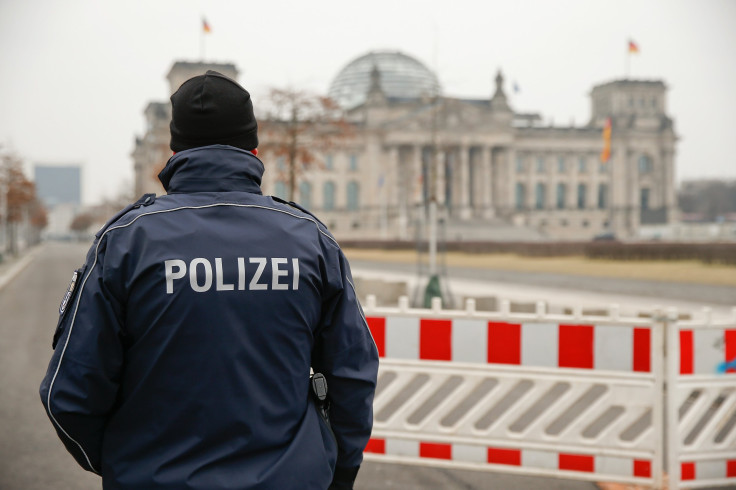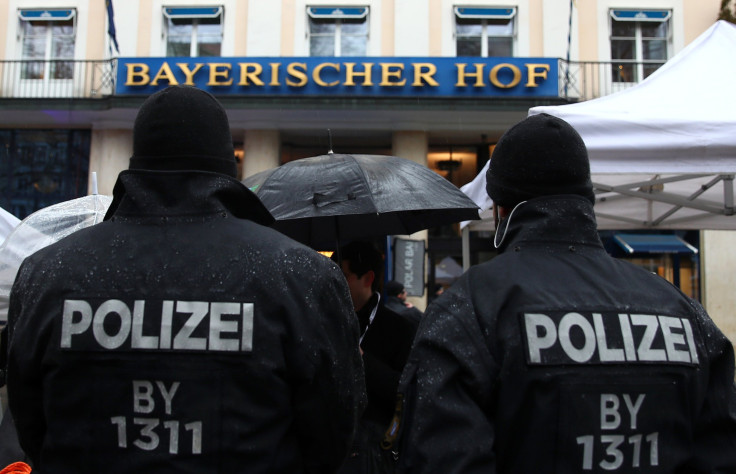Black In Europe: Germany Not Safe, According To New UN Report

The United Nations has organized a team of workers to investigate Germany's officials for allegedly being racist toward people of African heritage. Some places in Germany were deemed as 'no-gos' for black people, especially black men who express a greater fear of being attacked in certain areas, according to East African native Yonas Endrias, who lives in Berlin.
Endrias’ insights about racism in German counties were presented at a press conference in Berlin on Monday as part of an introductory report by the UN three-person team — two lawyers and a human rights expert — on their investigative visit to different cities in Germany from Feb. 20 to Monday, the Local reported.
"When I have to go to Brandenburg for work, I go - but I wouldn't bring my daughter with me," Endrias said.
Originally from Eritrea, Endrias has been a member of multiple advocate associations that fight for equal treatment of black people in Germany.
“Racism is particularly bad in Saxony,” Endrias said. “Because the police there don’t really know what racism is.”
During their eight-day-visit, the group interacted with German officials and representatives of national and provincial human rights institutions and civil society, according to the UN. After visiting Dessau, Dresden, Dusseldorf, Cologne, Hamburg, Berlin, Wiesbaden and Frankfurt, the UN reported systemic racism within Germany due to an “incomplete understanding of history, which obscure the magnitude of structural and institutional racism people of African descent face.”
The denial of racial profiling by German officials and the lack of independent advocacy at the federal and state level "fosters impunity," the head of the UN team, Ricardo Sunga, said in a statement.
Last year, Saxon fell under scrutiny for having the strongest anti-immigrant majority in Germany. A poll found the neo-Nazi National Democratic Party was supported by five percent of German voters.

Although Germany’s constitution is supposed to ensure equality and ban racism, “these principles are not put into practice,” the UN investigative team concluded after its trip. German officials were advised to find statistics on the African population living in Germany to “make them visible," since they make up over one percent — nearly one million residents in the country.
The three-person UN investigative team was scheduled to present its research and recommendations to the UN Human Rights Council in September.
© Copyright IBTimes 2025. All rights reserved.






















